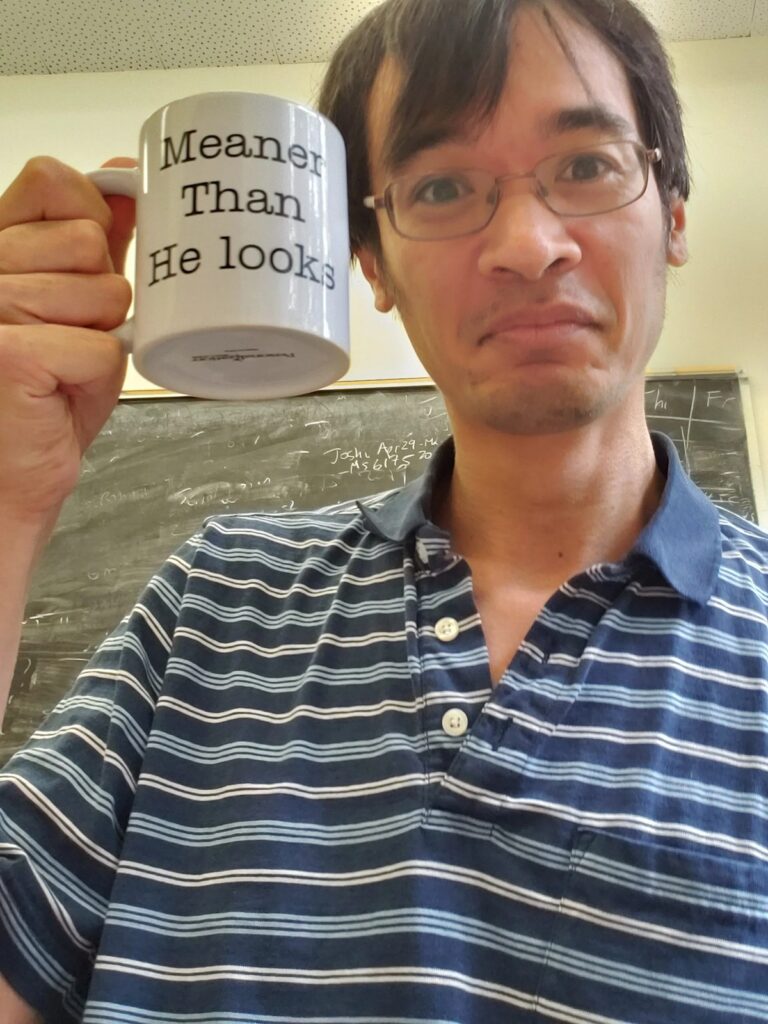In the realm of mathematics, few minds shine as brightly as that of Terence Tao. His exceptional insight into numbers and equations has garnered him accolades that extend far beyond the confines of academia. His intellectual prowess is so extensive that fellow mathematician and Fields Medal recipient Timothy Gowers once remarked, “David Hilbert was considered the last person to know all of mathematics, but it’s rare to spot gaps in Tao’s knowledge, and when they do surface, they’re often filled the very next year.”
A Prodigy From the Beginning
Born in Adelaide, Australia, on July 17, 1975, Terence Tao displayed remarkable talent from a remarkably early age. Unlike most children, his insatiable curiosity and sharp intellect stood out. By the age of 9, he found himself at Flinders University, diving headfirst into advanced mathematics—a domain typically reserved for only the brightest among us.
His exceptional journey took a thrilling turn when, at just 10 years old, he competed in the International Mathematical Olympiad (IMO), a prestigious contest usually reserved for far older students. His talent shone through as he secured a bronze, a silver, and ultimately a gold medal by age 13, confirming his status as one of the most brilliant young mathematicians of his time.
A Mind Like No Other
By 21, Tao had already earned his Ph.D. from Princeton University, establishing himself as a prodigy and a force to be reckoned with in mathematics. His research spans an impressive array of disciplines including harmonic analysis, number theory, and partial differential equations, often tackling challenges that stumped experts for decades. With more than 300 scientific publications to his credit, Tao has reshaped entire fields within mathematics.
What truly sets Terence Tao apart is his extraordinary intellect, with an astonishing IQ of 230. For context, the average IQ hovers around 100, while estimations put Albert Einstein at about 160. Impressively, at just 8 years old, Tao achieved a stunning 760 out of 800 in the mathematics section of the SAT—an accomplishment matched only by one other child in history.
His remarkable contributions culminated in 2006, when he was awarded the esteemed Fields Medal, often regarded as the Nobel Prize of Mathematics, solidifying his legacy as one of the greatest mathematical minds of his generation.
An Inspiration for Tomorrow’s Mathematicians
Beyond his impressive list of achievements, Terence Tao is a beacon of inspiration for aspiring mathematicians around the globe. His relentless passion, curiosity, and dedication are the driving forces behind his success. Despite his towering intellect, Tao remains refreshingly humble, fostering a collaborative and supportive atmosphere for both colleagues and students.
What distinguishes Tao is his unique approach to problem-solving; he possesses the ability to view complex mathematical challenges through a broad lens. His insights often lead to groundbreaking perspectives, providing fresh understandings of previously unsolved problems.
Tao is an advocate for knowledge-sharing and collaboration. Through his engaging blog, he imparts valuable guidance to fellow mathematicians on tackling challenges, advancing in their careers, and perpetually evolving their understanding. His approach to explaining intricate concepts is marked by clarity, making him not just a genius, but also an exceptional mentor.
A Lasting Legacy in Mathematics
While Terence Tao continues to push the frontiers of mathematics, his legacy extends far beyond the problems he has resolved. It’s his humility, commitment, and unwavering desire to impart knowledge that will forever anchor his place in the mathematical community.
As one of the world’s premier intellectuals, Tao exemplifies that true intelligence is not merely a matter of calculations or formulas; rather, it embodies curiosity, collaboration, and a relentless quest for understanding the complexities of our universe. His narrative showcases the transformative power of intellectual passion, and his influence will undoubtedly inspire future generations of mathematicians.







